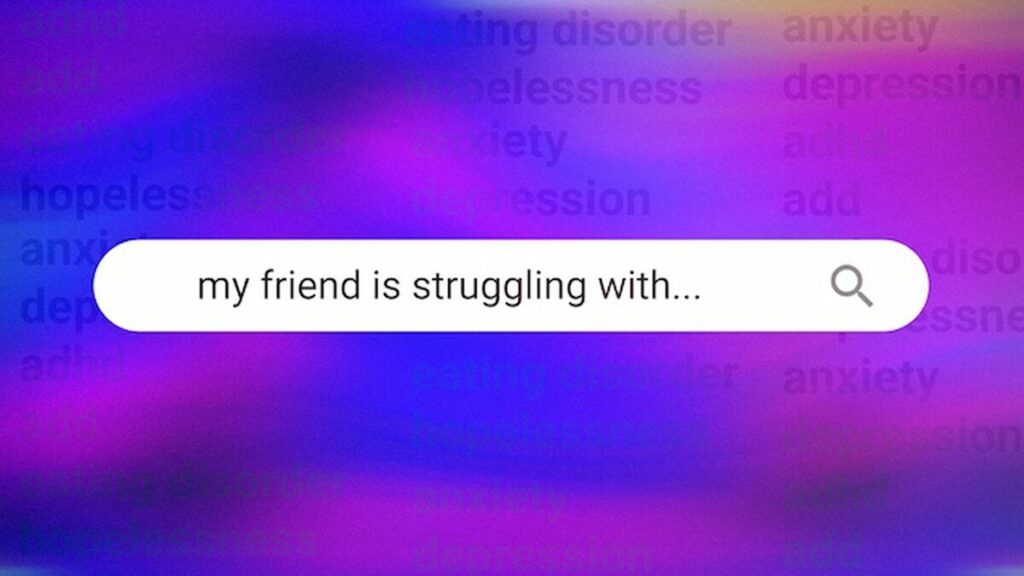Concluding our week, we wanted to talk specifically about a serious topic.
Suicide is the second leading cause of death among individuals between the ages of 10 and 34. Suicide is a heavy subject. Many fear that bringing up the topic, or even the word, will cause someone to think about it. However, this is not the case. Talking openly and honestly about suicide makes students feel safe and more supported. Some students will be more upfront about thoughts of suicide, while others may hide their plans. As youth workers, students trust you. If they are bringing this topic up to you, you cannot promise to keep it a secret.
A brief note on self-harm:
Self-harm can result because of a few factors. For some, it serves as a distraction from intense emotional pain. For others, it can be because they have a feeling of numbness and self-harm brings the result of feeling something. It can also become a way of communicating to others that they are hurting and desperate for help. However, it’s not always a form of communication. Some will be very secretive about self-harm and are solely focused on bringing some sort of temporary relief. Because it brings temporary relief, it can be reinforcing, and students can continue to come back to the behavior to deal with painful or overwhelming feelings. One of the most common triggers for self-harm is the feeling of rejection. Self-harm does not always mean suicide; however, the behavior is a sign for deep pain that could lead to suicidal tendencies and attempt.
5 Tips for Walking with Students Who May Be Suicidal
1.Talk about it
- If you think a student is suicidal, talk about it. You won’t give them ideas or put the thought in their head. Students need a calm voice that is more interested in understanding their feelings rather than a fearful, anxious, or critical voice.
- Things to ask:
- “Are you feeling suicidal”
- “Do you have a plan?”
- How detailed is the plan, do they know how they would do it, what’s the time frame, do they have access to things like firearms, meds, etc.?
- Determine the severity of their current state. Do they need to go to the ER?
2. Show Love
- Students need to feel, hear, and see that they are loved.
- Repeatedly, tell them how much you care about them and love them.
3. Be Empathetic
- Remember to validate the students’ feelings.
- Make statements and comments that express empathy instead of telling them how they should feel.
4. Stay in Touch
- Keep in contact with the student.
- This can be through texting, calling, over social media, meeting up for coffee, going on a walk.
- When a student misses a small or youth group, reach out and let them know they were missed, and you hope they can make it the next time. Avoid making them feel guilty for missing.
5. Partner with Parents
- The parent must be involved in the conversation.
- Many students are afraid to tell their parents or talk with them about what they are feeling. You get to be a safe person the student can bring along to talk with the parent.
- You cannot keep this a secret. Offer to talk to parents WITH the student, agree to a date that they will talk to their parents by, if they don’t by that date let them know you will share with their parents for them.
ADDITIONAL MENTAL HEALTH RESOURCES
Want to start conversations about Mental Health in your youth group? Check out a brand new Mental Health series at Download Youth Ministry:
This 4-week series addresses mental health from a physical, mental, and spiritual perspective. Mental illnesses are real and daunting, but even in the middle of it, there can be hope. The first week gives a mental health overview, the second week addresses depression, the third week addresses anxiety, and the fourth week addresses suicide.
For the month of May, 100% of the proceeds for this resource will go to a scholarship fund to help youth workers with a mental health challenge see a counselor. If you are interested in this scholarship, you can fill out the application here.


